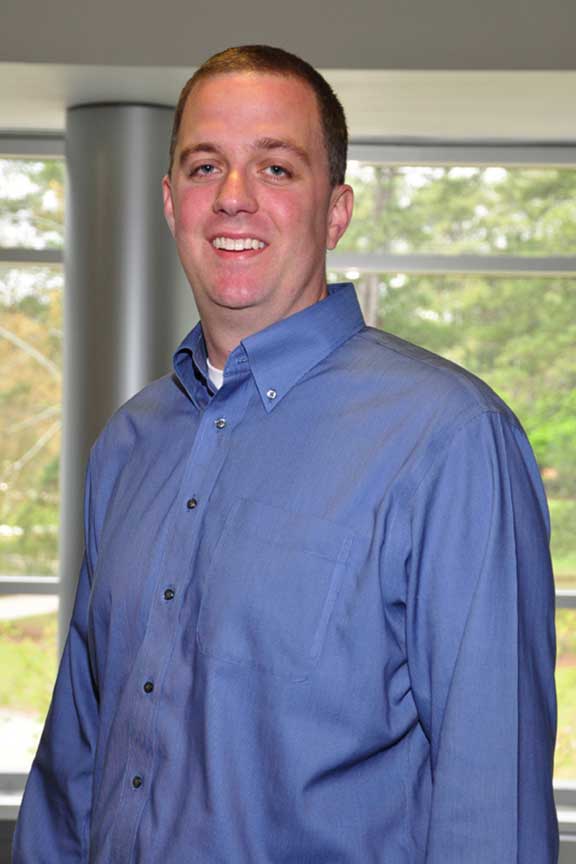
Humanities
The Department of Humanities is a multidisciplinary unit composed of dedicated, talented and award-winning faculty whose mission is to cultivate awareness of and sensitivity to the ideas and values characterizing human discourse, thought, experience and achievement.
Studying the humanities turns students into analytically sound, critical and discriminating thinkers, who are aware of the cultural, political, and economic issues shaping our world. The Department offers a technology-enhanced curriculum that encourages open-minded and informed consideration of the human tradition and the many beliefs, histories, and words of our collective cultural heritage.
Critical thinking, collaboration, communication, problem solving, leadership, adaptability, intercultural competence, multilingualism, and empathy — those are the skills we teach. Those are the skills employers want. That’s who we are. There is no such thing as a starving humanist. Our graduates are employed in all kinds of jobs in all kinds of fields, and they are creating successful careers based on what they learned in our Department. And we reach across campus to bring these humanities-based skills to students in other disciplines.
We exist for the transmission of knowledge, the pursuit of intellectual rigor, the cultivation of scholarship, the advancement of free inquiry and free expression, and the general well-being of society.
Mission
We encourage you to become analytically sound thinkers because our desire is for you to become aware of the cultural, political, and economic issues shaping our world. We want you to question assumptions and norms, and we equip you with the tools to seek answers. Find your place at Clayton State University where the faculty encourages open-minded and informed consideration of the human tradition and the many beliefs, histories, and words of our collective cultural heritage.
History Program Outcomes History
- Identify and describe basic chronologies of U.S. and world history.
- Identify and critically evaluate primary and secondary historical sources.
- Identify and evaluate conflicting historical interpretations of events and personalities.
- Perform historical research using primary and secondary sources in libraries, archives, and other repositories of historical records.
- Write in a clear, analytical, and organized manner, demonstrating appropriate professional documentation methods.
- Discuss historical findings in clear and coherent oral presentations.
World Languages Program Outcomes
French:
- The ability to listen and to read in French at the advanced level of proficiency, as defined by the American Council on the Teaching of Foreign Languages Proficiency Guidelines.
- The ability to speak and to write in French at the advanced-low level of proficiency, as defined by the American Council on the Teaching of Foreign Languages Proficiency Guidelines.
- Knowledge of cultural universals and trends, as well as specific similarities and differences between Francophone and American cultures, including both non-verbal and verbal aspects.
- Knowledge of major historical events and their role in the development of the Francophone cultures as well as knowledge of the major literary and artistic works of those cultures.
- The ability to use technology for research purposes and as a means of communication with the various areas of the French-speaking world.
Spanish:
- To demonstrate the ability to listen and to read in Spanish at the advanced level of proficiency, as defined by the American Council on the Teaching of Foreign Languages Proficiency Guidelines.
- To demonstrate the ability to speak and to write in Spanish at the advanced-low level of proficiency, as defined by the American Council on the Teaching of Foreign Languages Proficiency Guidelines.
- To demonstrate knowledge of cultural universals and trends as well as specific similarities and differences between Hispanic and American cultures, including both non-verbal and verbal aspects.
- To demonstrate knowledge of major historical events and their role in the development of the Hispanic cultures as well as knowledge of the major literary and artistic works of those cultures.
- To demonstrate the ability to use technology for research purposes and as a means of communication with the various areas of the Spanish-speaking world.
Department Chair

Dr. Adam L. Tate
Department Chair
